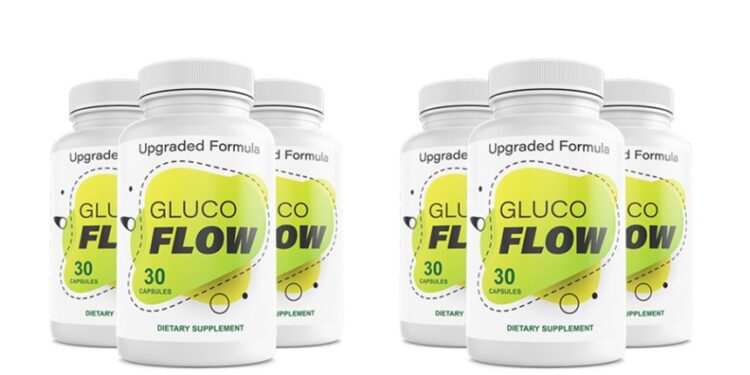Hypertension or high blood pressure is one of the most important risk factors for death in industrialized countries. Are you struggling to manage blood sugar and weight?
Check out this brand new formula backed by clinical research
High Blood pressure increases the hardening of the arteries with the effect that it predisposes individuals to heart disease, peripheral vascular disease, and strokes. Types of heart disease that may occur include: heart attack, heart failure, and left ventricular hypertrophy. Other complications include damage to your eyesight and kidney. There are many prescription medicines for high blood pressure, but you might want to consider learning natural ways to help reduce hypertension.
There are also natural ways to lower blood pressure fast!
Here are some simple recommendations:
- Exercise most days of the week. Exercise is the most effective way to lower your blood pressure.
- Consume a low-sodium diet. Too much sodium (or salt) causes blood pressure to rise.
- Limit alcohol intake to no more than 1 to 2 drinks per day.
- Make stress reduction a priority.
Anyone Can Do To Help Maintain Healthy Blood Sugar Levels
About 1 in 3 adults has high blood pressure. HBP itself usually – but not always – has no symptoms. You can have hypertension for years without knowing it. During this time, though, it can damage the heart, blood vessels, kidneys, and other parts of your body.
This is why knowing your blood pressure numbers are important, even when you’re feeling fine. If your blood pressure is normal, you can work with your health care team to keep it that way. If your blood pressure is too high, you need treatment to prevent damage to your body’s organs.
Reduce High Blood PressureWhat is blood pressure?
When your heart pumps blood through the arteries, the blood puts pressure on the artery walls. This is known as your blood pressure. Blood pressure is the pressure of blood pushing against the walls of your arteries. Arteries carry blood from your heart to other parts of your body. Your blood pressure normally rises and falls throughout the day.
Blood pressure is measured using two numbers:
The first number, called systolic blood pressure, measures the pressure in your arteries when your heartbeats.
The second number, called diastolic blood pressure, measures the pressure in your arteries when your heart rests between beats.
If the measurement reads 120 systolic and 80 diastolic, you would say, “120 over 80,” or write, “120/80 mm Hg.”
What are normal blood pressure numbers?
A normal blood pressure level is less than 120/80 mm Hg.1 No matter your age, you can take steps each day to keep your blood pressure in a healthy range.
What is high blood pressure (hypertension)?
High blood pressure, also called hypertension, is blood pressure that is higher than normal. Your blood pressure changes throughout the day based on your activities. Having blood pressure measures consistently above normal may result in a diagnosis of high blood pressure (or hypertension).


